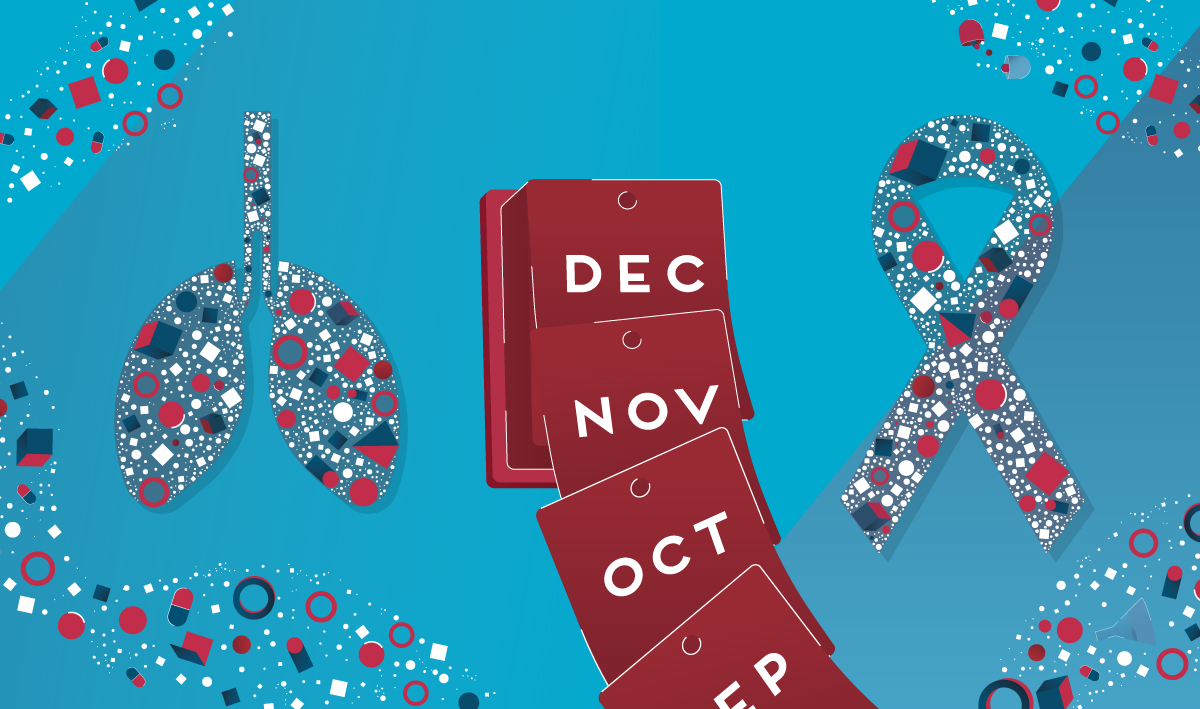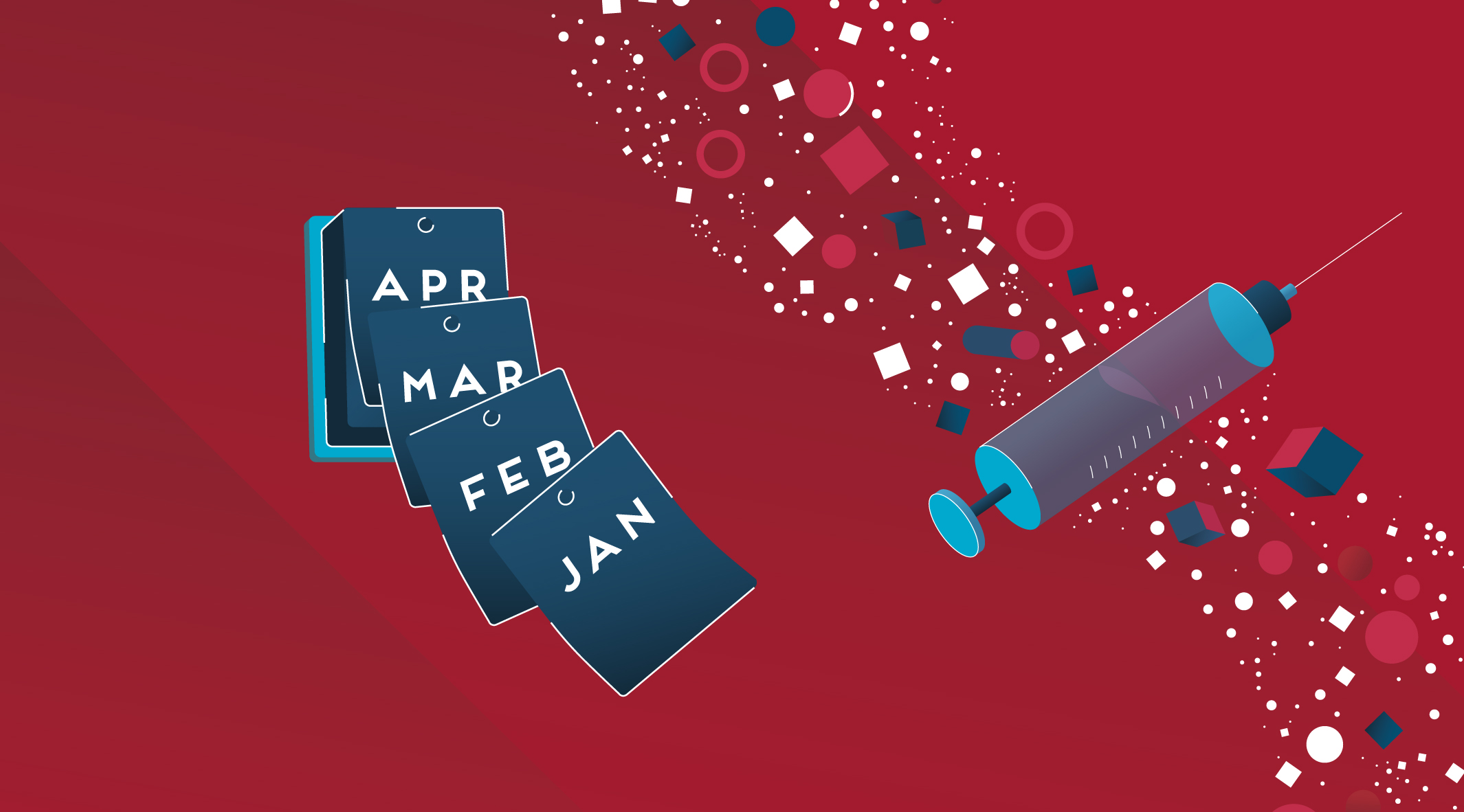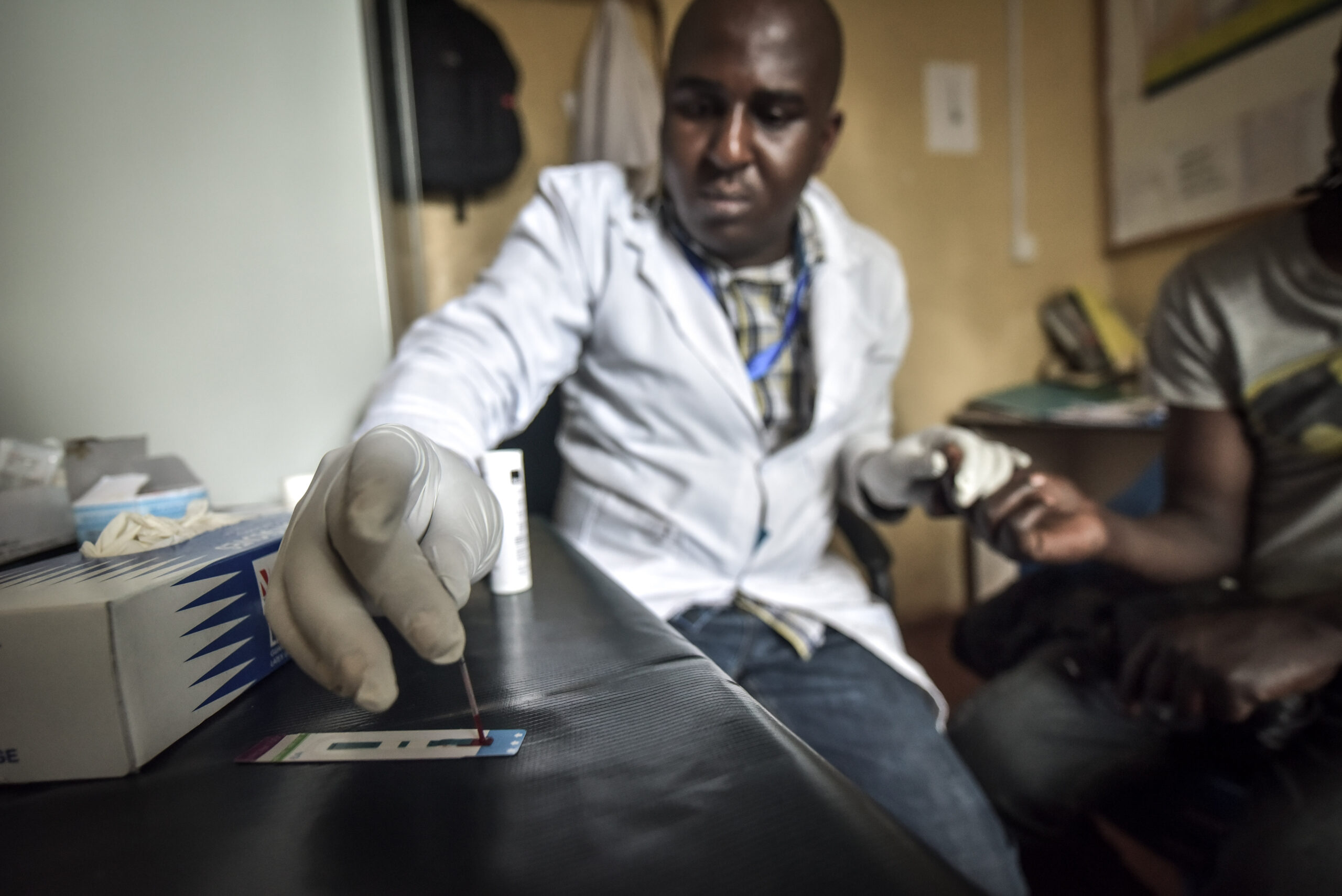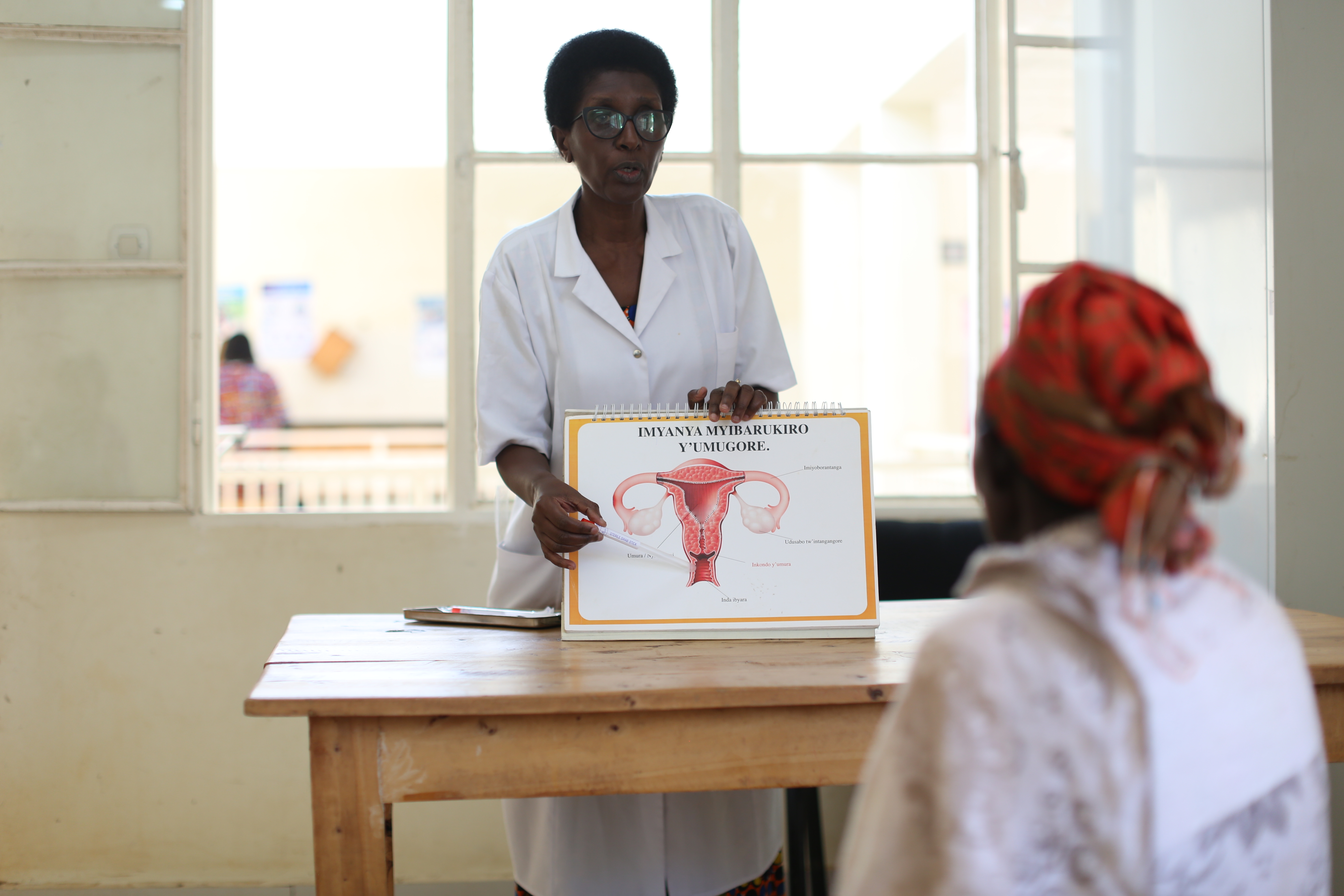The problem
Daily adherence to treatment over a lifetime is difficult for many people living with HIV while the stigma associated with the virus can sometimes complicate treatment. Other factors, such as side effects, regular clinic visits, or interrupted supply chains, can also disrupt adherence. When HIV medicines are taken inconsistently or incorrectly, they become less effective at suppressing a person’s viral load, which can cause life-threatening illness and contribute to disease transmission.
Our response
Long-acting medicine formulations can deliver medicines in injectable formats that last months, freeing people from daily regimens of pills and helping expand quality treatment options for many people. The Global Long-acting Drug Combination Development (GLAD) project, led by the University of Washington, aims to transform a dolutegravir-based combination treatment – the World Health Organization’s recommended first-line treatment for HIV – into a long-acting formulation that could be administered through a simple injection once a month, or possibly even less often. Making this drug available as a long-lasting injection in low- and middle-income countries could help reach many more people and lower HIV transmission rates.
Long-acting technologies
Game-changing medicine delivery methods that last longer and replace the need for daily medicines, helping people successfully complete their treatments.
Our partner
The University of Washinton will leverage its technological innovation and know-how to develop longer-lasting HIV combination medicines for worldwide access.







